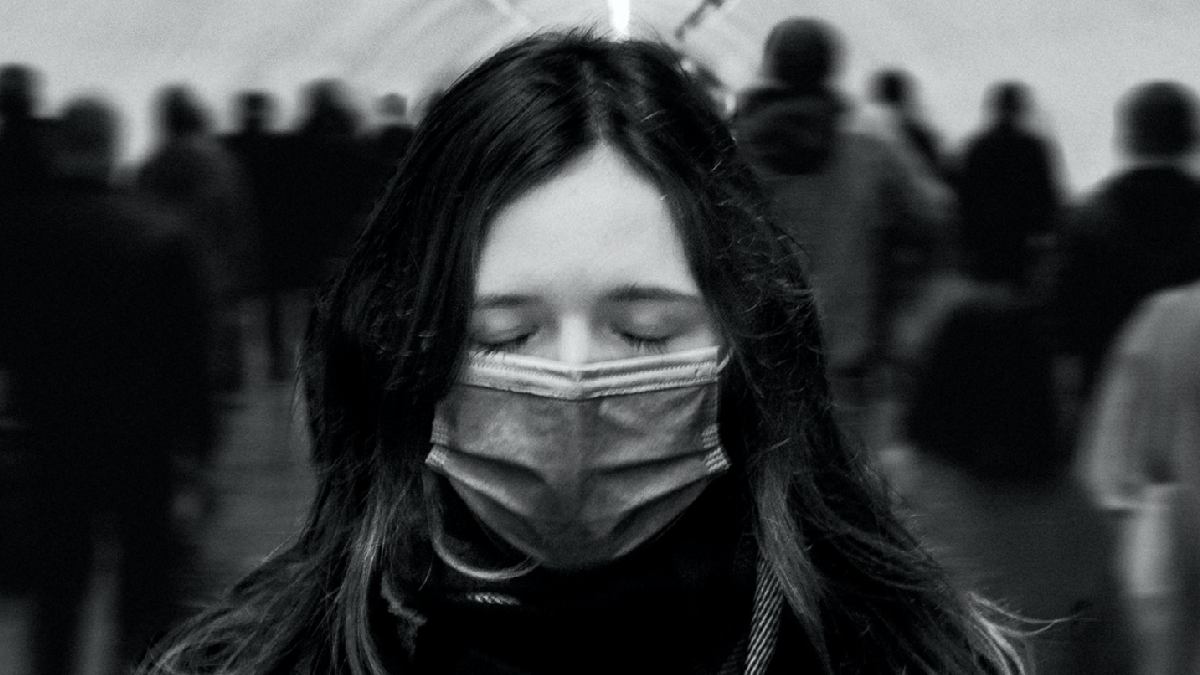
One Way To Calm Your Depression
New research examines the effectiveness of a 10-week depression treatment program.

By Mark Travers, Ph.D. | January 4, 2022
A new article published in the Journal of Psychopathology and Behavioral Assessment suggests that a 10-week activity-based treatment for depression, called the Brief Behavioral Activation Treatment for Depression, can significantly reduce the severity of depressive symptoms. It works by aligning a person's behavior with their core values.
"People with depression find it difficult to engage with their routines and activities that were previously pleasant or rewarding," says Jerin Lee, a psychologist at the University of Connecticut and lead author of the research. "When people withdraw and isolate, they lose opportunities to be rewarded and reinforced with pleasant activities, which can exacerbate their depression. Brief Behavioral Activation Treatment for Depression (BATD) is a behavioral-based therapy that focuses on increasing engagement with meaningful and values-based activities through strategies such as activity scheduling and self-monitoring to counter depressive symptoms."
To give an example, BATD might help someone understand and clarify one of their core values, such as being a caring and available friend. Once one's values are clarified, BATD helps guide the selection of activities that support those values. So, for someone who values being a caring friend, activities recommended by BATD might be (1) texting a friend, (2) checking in with a friend once per week, or (3) letting a friend know that he/she is thinking about them twice per week.
Prior research has found BATD to be an effective treatment for depression among certain high-risk populations such as cancer patients. However, less is known about how people in the general population respond to BATD.
To fill this gap, Lee and her team recruited 42 general population adults with depression and 38 healthy individuals to complete the 10-week BATD treatment. They measured individuals' levels of depression, anxiety, dysfunctional attitudes, and mindfulness at three points in time: before the treatment began, after the 10-week treatment ended, and three months after the treatment ended.
Not surprisingly, the clinical group reported greater depression, anxiety, and dysfunctional attitudes, and less mindfulness than the healthy control group before the treatment began. However, at post-treatment, the clinical group reported significant decreases in depressive symptoms such that their results were statistically equivalent to the healthy control group. At the three-month follow-up, the clinical group reported minor increases in depressive symptoms, but still showed improvements compared to where they were prior to doing the 10-week intervention.
"Our results suggest that many individuals struggling with depression may benefit from BATD," says Lee.
The authors hypothesize that Brief Behavioral Activation Treatment for Depression works by improving individuals' dysfunctional attitudes and mindfulness.
"Engaging in activities like those found in BATD could reduce dysfunctional attitudes, or negative thoughts about oneself, the outside world, and the future, which is a risk factor for depression," says Lee. "Engaging in activities could also increase mindfulness — or the receptive attention to and awareness of internal and external experiences as they occur — which is a protective factor for depression."
The authors hope their research inspires more individuals to seek out treatment for depression.
"Depressive symptoms may seem insurmountable, like a downward spiral that pulls you into a vortex of hopelessness and sadness," says Lee. "But every action and intention counts. When you engage in activities — like meaningfully connecting with friends, creating art, exercising — that bring you joy and align with your values, it can result in an upward spiral that can pull you out of the vortex. The effects of the positive activities will compound and there is hope."
A full interview with Dr. Jerin Lee discussing her new research can be found here: This 10-week intervention can significantly improve depression
